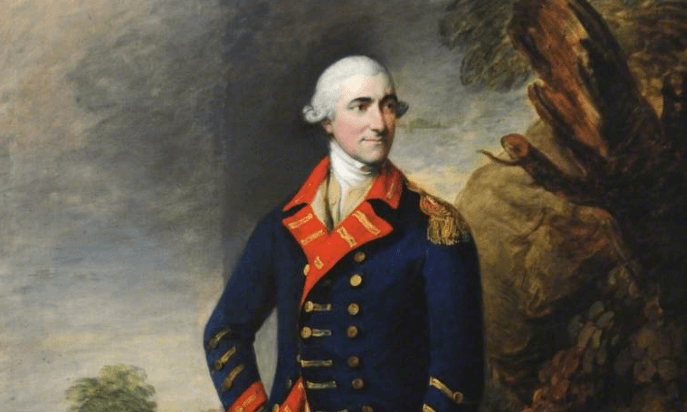Explore the life and political career of Henry Seymour Conway (1721-1795), a distinguished British soldier and influential political leader. From his early military service in the War of the Austrian Succession to key roles in politics, Conway’s journey was marked by family influence, dedication to the Whig party, and clashes with the government over general warrants.

Source: wikipedia.org
Henry Seymour Conway; (1721-1795), British soldier and political leader. He was the second son of Francis, 1st Lord Conway. As aide-de-camp to the Duke of Cumberland, Conway served in the War of the Austrian Succession and at the Battle of Culloden (1746), when the last attempt of the Stuarts to recover the throne was defeated. In 1772 he was commissioned a general and, in 1793, field marshal.
Family influence enabled Conway to pursue concurrently a career in politics, and after the end of the Seven Years’ War his connection with the Whig dukes of Devonshire and Grafton and his cousin Horace Walpole drew him into the opposition. For voting against the government on general warrants he lost his regiment and his place as groom of the bedchamber.
Conway’s reputation as a Whig martyr was the basis of his political career, but it was chiefly to his patron Cumberland that he owed his appointment in 1765 as secretary of state for the southern department of Europe and leader of the House of Commons. He was efficient in the routine of business, but he proved incapable of managing the House. After the fall of the Marquess of Rockingham’s government in 1776, Conway remained in office under William Pitt the Elder (1766-1768) in the hope of reuniting two main sections of the Whig party.
Despite his successful motion for repeal of the Stamp Act in 1766, Conway spoke with an uncertain voice on the American problems of the 1770’s. But once the war of American Independence broke out, he condemned it as “cruel, unnecessary and unnatural.” In February 1782 he moved the resolution in the House of Commons against continuing the war that brought down Lord North’s government. In Rockingham’s successor administration, Conway was appointed commander in chief and sat again in the cabinet. Following a violent verbal attack on the younger Pitt in December 1783, however, he lost his seat for Bury St. Edmunds in the election of 1784. He was without political power from then until his death, near Henley, on July 9, 1795.